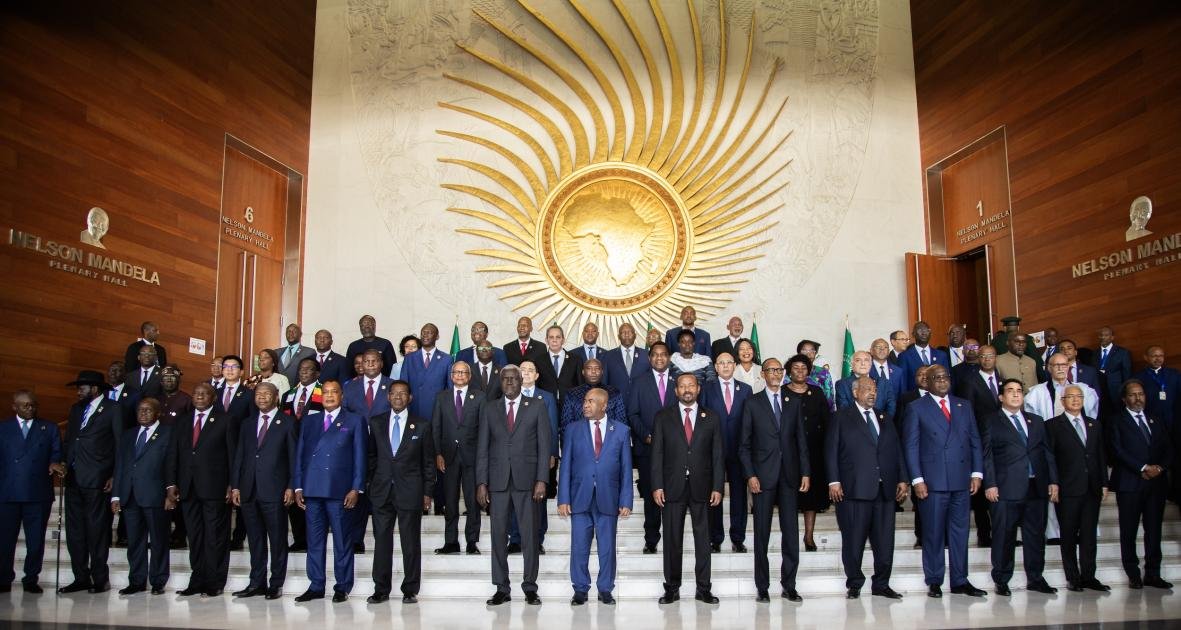AU 2024 Year of Education - Building on progress & Addressing key issues
The African Union has declared 2024 the “Year of Education”.
It provides a vital opportunity to build on current progress and address the key issues relating to school attendance and learning.
Parliamentarians will play a critical role in accelerating progress towards achieving quality education for all.
Last month, the African Union Summit of Heads of State and Government in Addis Ababa declared 2024 the “Year of Education”, calling on all governments to accelerate progress towards achieving quality education for all.
President Sahle-Work Zewde of Ethiopia highlighted the opportunity this commitment provides as “Heads of States have prioritised education through the declaration of 2024 as the African Year of Education”.
This commitment provides a vital opportunity to build on the educational progress over the last decades and to take steps in overcoming the key educational challenges faced throughout the continent. Parliamentarians will play a critical role in advancing progress on the continent’s educational objectives.
Building on educational progress
Over the past decades, African governments have made substantial investments in and commitments to their educational systems. This has seen primary school completion rates increase from 52% in 2000 to 69% by 2022 and in terms of learning, youth literacy has grown from 66% in 2000 to 78% in 2020 in sub-Saharan Africa.
Issues to be addressed
Despite the investments in getting children into school and ensuring they’re learning, significant challenges remain. 98 million children in the continent do not go to school and 89% of 10 year olds in sub-Saharan Africa cannot read and understand a simple text.
UNESCO identifies funding gaps and teacher shortages as two key issues to be addressed. Their research sets out an additional $77bn is required for African countries to reach their education targets and an additional 15 million teachers are needed to achieve universal primary and secondary education. These issues are threatened by diminishing aid budgets, which fell by 23% for education last year.
Malawian Minister for Education and MP Madalitso Wirima, highlighted that the commitment exists throughout the continent to tackle these issues, by highlighting last month that “we stand united in our mission to ensure that every boy and every girl can read and perform mathematics”.
The role of parliamentarians
The AU Year of Education provides an essential opportunity to take stock of progress, assess how it can be built on and ensure key issues are addressed, to achieve quality education for all.
Members of parliament play a vital role in supporting this endeavour of accelerating educational progress, to achieve quality education for all. Parliamentarians are critical to the development of education systems because of their role as advocates and representatives and the unique power of parliaments to legislate, budget and scrutinise government action.
Members of parliament can use these responsibilities to:
Ensure better and more adequately financed education.
Prioritise learning at school.
Protect the education of children in emergencies.
Ensuring all children have a healthy meal at school.


